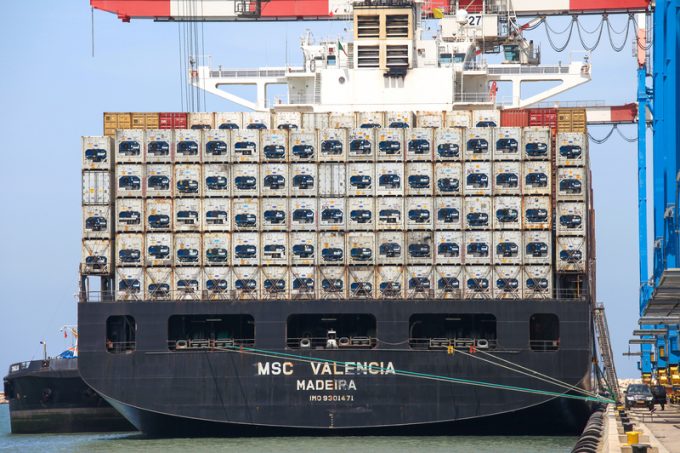Opposition builds for final hearing on US plan to tax Chinese box ship calls
US importers and shippers await the outcome of the final hearing on the new administration’s ...

From 1 April, Hapag-Lloyd will raise rates for general and reefer containers from Egypt to Latin America, while higher rates will kick in at MSC for cargo going from Australia, the Middle East and the Indian subcontinent to the US as well as from the US to Latin America.
Yesterday’s announcements mark the latest increases in reefer rates and spell further grief for perishables shippers.
Like general 20ft and 40ft ocean containers, reefer units have been in short supply, lagging demand because ...
Volcanic disruption at Anchorage could hit transpacific airfreight operations
Macron calls for ‘suspension’ – CMA CGM's $20bn US investment in doubt
Forwarders stay cool as US 'liberation day' tariffs threaten 'global trade war'
Shippers snap up airfreight capacity to US ahead of tariff deadline
De minimis exemption on shipments from China to the US will end in May
Tighter EU import requirements proving 'a challenge' for forwarders
Looming Trump tariffs will create 'a bureaucratic monster' for Customs

Comment on this article